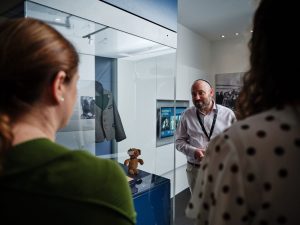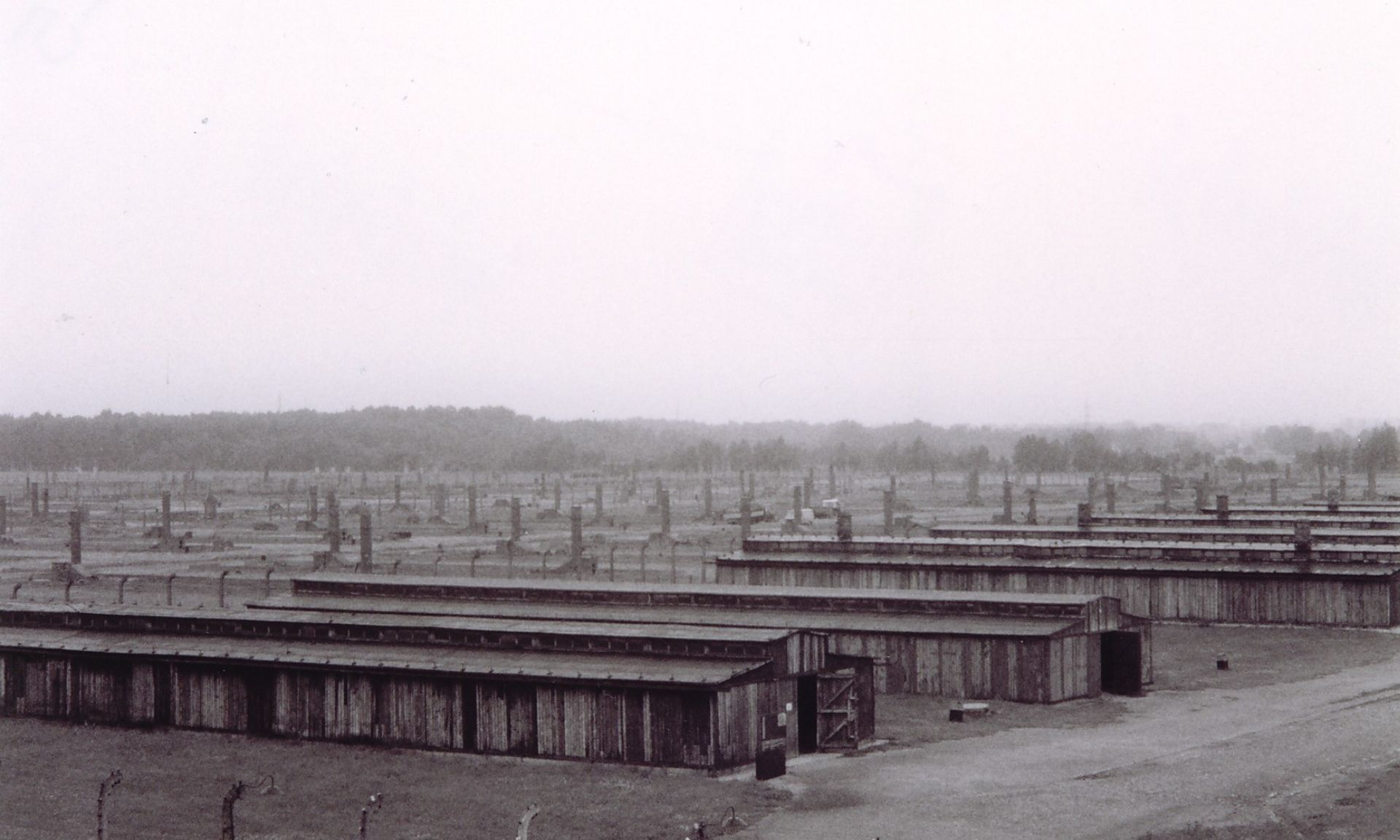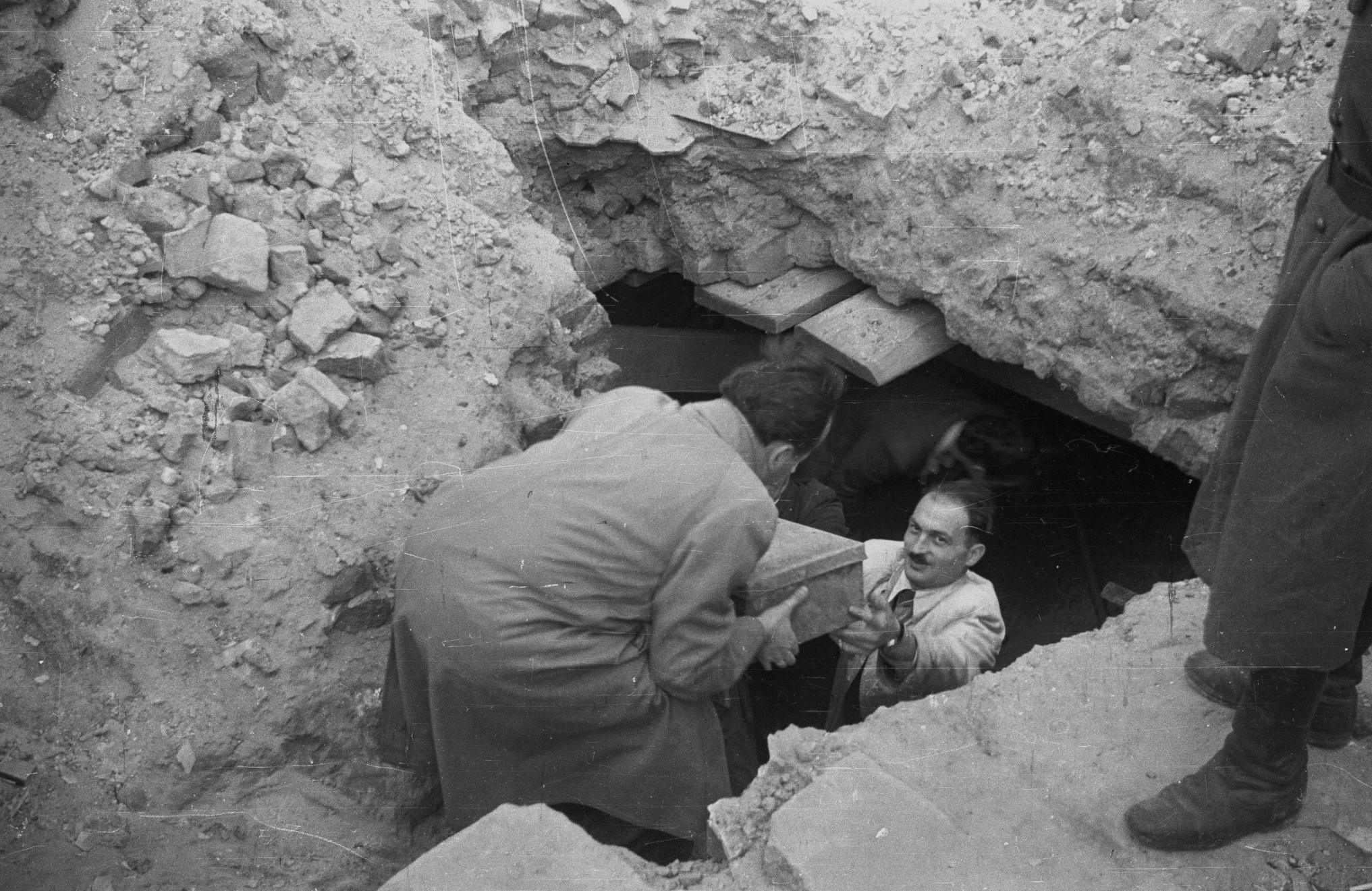
In late 2023, the MHM started offering corporate programs. Delivered to professional groups, these address the principles of cultural competency through the lens of the Holocaust. This program was born of the view that while we want people to engage with the history of the Holocaust, we specifically want them to use what they are learning in order to make this world a better place.
This intention is very much in line with our mission statement: to amplify the voices of Holocaust survivors, not just so that we know what happened in the past, but as a catalyst for greater understanding and acceptance of difference today.
Described as the ability to work effectively across cultures, cultural competency commences with an understanding of one’s own culture. Participants in our corporate programs are given opportunity to reflect on all the different sorts of things that they might take for granted and consider “normal”. That which we consider appropriate behaviour in public, the importance that we attach to education, the ways in which we speak about our family and our colleagues, the sorts of people to whom we show respect – even the ways in which we show it: these are all cultural values.
Our cultures are determined by our religion (or lack thereof), our nationality, the places from which we or our ancestors came, and even things like gender, sexuality, and age. Looked at in this perspective, we can appreciate the degree to which we are each possessed of multiple cultures, the extent to which culture dictates everything about us, and the need to foster an appreciation for the variety of other cultures with which we might interact on a daily basis.
To date, we have run cultural competency workshops for the Australian Football League (AFL), for Port Phillip Council and for representatives of AJAX, Southern Metro Junior Football League (SMJFL) and the Victorian Amateur Football Association (VAFA). In each of these, we have presented the principles of cultural competency as a preface to an extended discussion around antisemitism. While we all agree that discrimination needs to be stamped out, the peculiar nature of antisemitism is such that it can be difficult to identify, and people who are not Jewish might have difficulty appreciating its harm.
To do this, we provide a brief overview of the history of antisemitism, consider how it is different from other forms of discrimination (by virtue of the fact that it ascribes power, status and prestige to its target), and we look at the various forms that it takes today. We do this because we want people to understand the particular sensitivities of Jewish people in the 21st century, and to understand the importance of being vigilant against anything that might cause offence.
Importantly, this program also includes a guided tour of our core exhibit, Everybody Had a Name. To date, we have also run several corporate programs that include only the tour, since many of the ideas addressed in the workshop can also be tackled (in a condensed format) on the museum floor. It is there that the history of the Holocaust can be imparted to visitors, the better that they understand the experiences of our survivors and appreciate the trigger points and sensitivities of their descendants.
To that end – and as with all our tours – the focus in the museum is one of resilience and endurance. We want people to appreciate the enormity of what was lost, and we want them to understand something of the horror that was the Holocaust, but we want to do so in such a way that they feel empowered, afterwards, to do something. We do not want them to feel the burden of history but the impulse to action.
It is our hope that corporate tours will take their place alongside other museum programs in helping to create a culture of empathy, to foster greater tolerance and compassion, and to build a better future for everyone.


